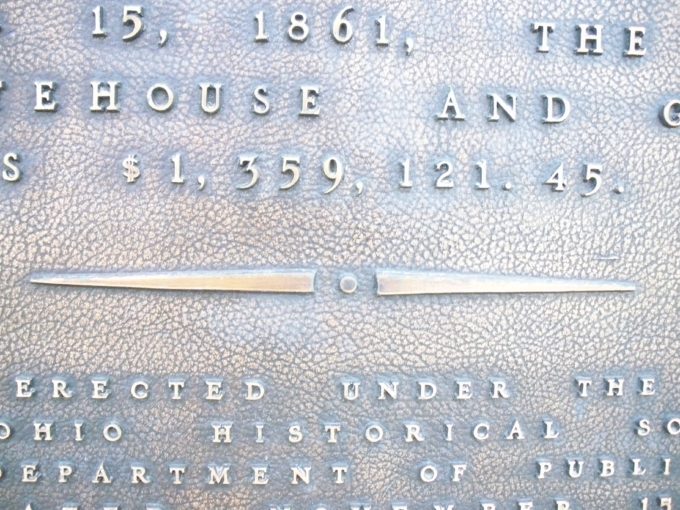
Wednesday, 16 October 2019
…if indeed you have tasted that the Lord is gracious. 1 Peter 2:3
In the previous verse, Peter spoke of desiring the “pure milk of the word.” He now shows that this word is what reveals the Lord Jesus, the Subject of his own epistle. In his words, he finishes the whole thought with, “if indeed you have tasted that the Lord is gracious.”
It is an aorist verb, and so it more correctly says, “if indeed you tasted.” It is a specific time that Peter refers to when the appetite of each believer was excited. Further, the idea of “if” here is not indicating Peter is making a supposition that it may or may not be. Rather, it is a way of saying that it is so, and that his words are to be acted upon. It is the same type of thought that is used elsewhere in this manner. The context implies the idea of “since you have tasted.”
With this understanding, a few points can be made. First, this confirms that the word, meaning Scripture, speaks of Jesus. His words do this by having equated the word with milk, and then by encouraging the taking in of that milk (meaning the word) in order to grow. And it is that word by which we “taste” the graciousness of the Lord.
Milk = word
Taste = understanding of the Lord’s gracious nature
Then, desire the milk (continue to get to know and grow in the Lord) through His word
Secondly, the words shout out the divinity of Christ. The reason for this is that Peter is citing Psalm 34:8 –
“Oh, taste and see that the Lord is good;
Blessed is the man who trusts in Him!”
The psalmist called out for those who seek the workings of the Lord (meaning Jehovah, the God of the Old Testament) to “taste and see” that He is good. Peter uses the idea from that psalm, and he applies it to the working of Jesus, saying, “if indeed you have tasted that the Lord is gracious.” He is making a one to one comparison between “Jehovah” and “Jesus.” In doing so, he is either blaspheming the name of Jehovah, or he is proclaiming that Jesus is Jehovah, the Lord God.
Life application: Have you ever looked at food coming out of the oven and started to salivate in expectation of the delight to come? Or have you ever heard someone speaking about a meal and all of a sudden, your mouth starts to water? This is the mental picture that both Peter and the psalmist of old are trying to relay to the reader concerning their words.
The Lord is to be desired with a yearning even stronger than that of food when we are hungry. And not just any food, but the most delightful tasting, yummiest feast we could imagine. This is why Peter told us to “desire the pure milk of the word.” It is so that we can grow in it, be nourished by it, and have our souls satisfied from the delight of it.
If you have never had this yearning to read the Bible, or if you once had it, but now it is faded, then ask the Lord to clear out all the unhealthy diet in your life (too many Gummi Worms?), so that you will again have the time and the desire to seek Him. A diet of TV, Facebook, and shopping can only take away the time you might otherwise have spent in His presence, learning about Him. Like eating sweets, those things don’t nourish, and they only last a moment. But the Bible and its contents will feed you for eternity.
Take time today – yes, even now! – to commit to reading your Bible. May you be blessed as you do – to the glory of God.
O God, let us not squander our few years here on the trivial and temporary. Instead, help us to focus on the eternal and everlasting. We desire to follow You, but far too often we get sidetracked from that set goal. So please Lord, kindly steer us in the right direction and remind us of the greater and eternal blessings that come from seeking You first. Amen.
